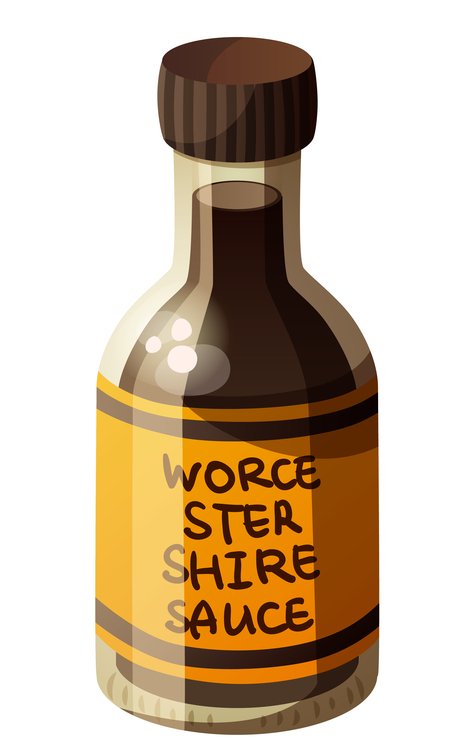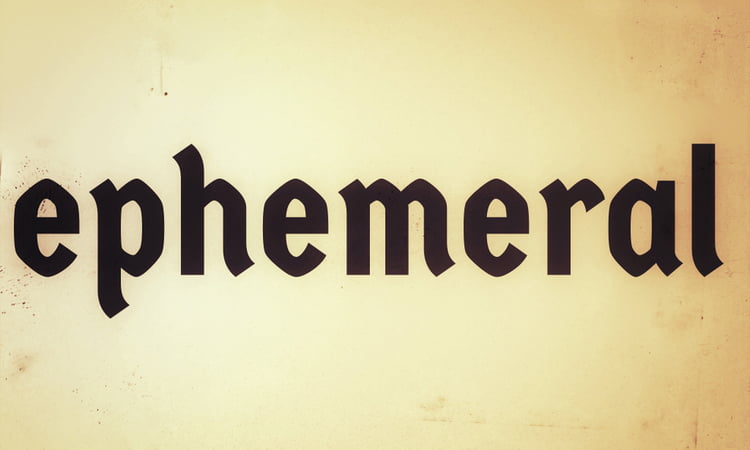What are Difficult Words?
Difficult words in English refer to terms that people find hard to understand, spell, or pronounce. How hard a word is usually depends on a person’s age, location, vocabulary, and knowledge of the English language.
Some of the hardest words in English are:
- Disparate
- Cajole
- Gregarious
- Ephemeral
- Ignominious
- Hegemony
- Quinoa
- Conscience
- Liaise
- Cupboard
Content creators should use difficult words carefully because they have the potential to change the meaning of the sentence.
They can also affect your readability. And, therefore, your ability to connect with your target audience. In this way, using too many difficult words or complicated sentences can also affect your ability to rank well in search engine results.
Remember: your goal is to write content that your audience can easily find and engage with. Understanding what your audience talks about and how they talk about it can help you write the best content for your target.
Most writers have a tough time using these words because they are either difficult to hear or say. Or, they might have deep meanings.
Hardest Words to Pronounce in the English Vocabulary
Once, a friend of mine spent almost an hour in the grocery store looking for a sauce. My friend’s wife asked him to buy Wuss-ter-sheer (Worcestershire) sauce.
Unfortunately, my poor friend could only find Wor-cess-ter-shayr sauce.


So, as you can see, some words are harder than others because they’re difficult to say.
In my example, the wife pronounced Worcestershire the right way. However, the husband read and say it differently, so it caused confusion.
Below are some examples of these commonly mispronounced words and the right way to say them.
Anemone
- Correct: aa-neh-mowniy
- Wrong: aa-neh-mown
Epitome
- Correct: ih-pit-uh-mee
- Wrong: epi-tohm
Boatswain
- Correct: boh-suhn
- Wrong: boht-sweyn
Debauch
- Correct: dih-bawch
- Wrong: de-botch
Colonel
- Correct: ker-nuhl
- Wrong: ko-lo-nel
Faux
- Correct: fow
- Wrong: fohx
Hegemony
- Correct: huh-jeh-muh-nee
- Wrong: hi-jeh-muh-nee
Genre
- Correct: zhahn-ruh
- Wrong: jen-re
Knell
- Correct: nel
- Wrong: kn-ehl
Mauve
- Correct: mahv
- Wrong: mohv
Ignominious
- Correct: ig-nuh-min-ee-uhs
- Wrong: ig-nuh-min-uhs
Onomatopoeia
- Correct: aa-nuh-maa-tuh-pee-uh
- Wrong: on-uh-mat-uh-pee-uh
Salmon
- Correct: sa-mən
- Wrong: sal-mən
Cupboard
- Correct: kuh-brd
- Wrong: kap-bord
Posthumous
- Correct: paas-chuh-muhs
- Wrong: pos-chuh-muhs
Quinoa
- Correct: keen-wah
- Wrong: key-no-ah


Segue
- Correct: seh-gwei
- Wrong: se-ge
Niche
- Correct: neesh
- Wrong: nitch
Liaison
- Correct: lee-ei-zaan
- Wrong: lie-a-zon
All native English speakers might not use the same difficult words. Note that most words can be used differently in depending on the context, region, and dialect.
In addition, some of these words can have a variety of meanings within one dialect.
For instance, where Americans use the word “incomprehensible,”Australians might use “confusing.”Swedes might use “ugly,” while the British could use “rude.”
People in some English-speaking areas might have difficulty with one or two of these words, while others have none.
What Makes a Word Difficult?
What makes difficult words difficult is the fact that they are hard to write, say, or understand.
You’ve probably found yourself repeating a particular word several times in your writing before. Or, you may have rearranged the way you use a specific word to make sure you are using or saying it correctly.
Learning to write using difficult words is no easy feat. Even with a dictionary around, there are still so many words that are difficult to say and spell.
When using these words, always pay attention to what you’re saying and how you’re saying it.
Read More: What Are Some Tone Words?
Most Difficult Words in the English Vocabulary
Regardless of how well-versed you are in the English language, some words will still make you scramble for a dictionary. Here are some of them and their corresponding definitions.
Disparate
- Things that are essentially different there’s no basis for comparison.
Gregarious
- Sociable; one who likes company.
Cajole
- To persuade someone with gentle coaxing or flattery.
Acumen
- The ability to make sound and quick decisions.
Ephemeral
- Lasting for a very short time.


Florid
- Tinged with red; elaborate or intricate.
Beguile
- To charm someone, often in a deceptive manner.
Idyllic
- Picturesque in natural simplicity.
Juxtaposition
- Placing two or more objects side by side to compare and contrast.
Ostentatious
- Attracting attention by means of pretentious display, gaudiness, or obviousness.
Hiatus
- A brief pause or interruption in time or continuity.
Laconic
- Using minimal words.
Munificent
- Extremely generous or giving.
Nefarious
- Wicked or impious.
Quotidian
- Occurring daily; everyday.
Proclivity
- An inclination toward something; a tendency to do something regularly.
Sanctimonious
- A show of being morally superior to others.
Ruminate
- To think deeply about something.
Travesty
- A debased, distorted, or grossly inferior imitation; a false, absurd, or distorted representation of something.
Ubiquitous
- Present, appearing, or found everywhere; constantly encountered.
Most Commonly Misspelled Words in the English Vocabulary


We often misspell words because we tend to spell them based on how they sound when we pronounce them. Usually, words pronounced with silent letters or those that have repeating letters are the most difficult to spell.
How often do you misspell “Mississippi,”“accommodate,” or “committee?”
Correct spelling is crucial, particularly if you are a writer. One way to fix your spelling issues is by memorizing words you find hard to spell and using them as often as you can.
Or, you can use writing editors with spell checkers like INK or Grammarly. With that said, below are some of the most commonly misspelled words in the English language.
- Apparent
- Drunkenness
- Dumbbell
- Amateur
- Conscience
- Exaggerate
- Foreseeable
- Gauge
- Harassment
- Irresistible
- Judgment
- Knowledge
- Liaise
- Millennium
- Noticeable
- Occurrence
- Possession
- Questionnaire
- Referred
- Vacuum
Things to Remember Before Using Difficult Words
There are some words that are more appropriate in daily conversation. There are others that are more appropriate for writing.
There’s no fixed rule. However, this is a useful guideline to demonstrate your command of the English language.
We’ve all encountered difficult words, and we want to avoid them as much as possible.
In order to make your readers interested in what you’re trying to convey, you need to provide them with helpful and important information. To accomplish this, you have to choose your words carefully.
Words that are considered difficult words are very subjective. But, if you can use them in a way that is agreeable to you, then use those words in your writing.
Once you are certain that you’ve used your words appropriately, you can move on to writing for a specific target audience. Your goals and objectives will naturally influence your choice of words.
Also, you should consider cultural differences when choosing your words.
English is one of the most commonly used languages in the world. However, it doesn’t mean that it’s used in the same way as other languages.
So, if you’re planning to use difficult words in your writing, try to use them sparingly. This will help you improve your writing skills.
Sources:Lexico Powered by Oxford Americal College Dictionary / Merriam-Webster Dictionary / HowToPronounce Pronunciation Dictionary


Found this topic important, useful, and interesting! Thanks a lot.